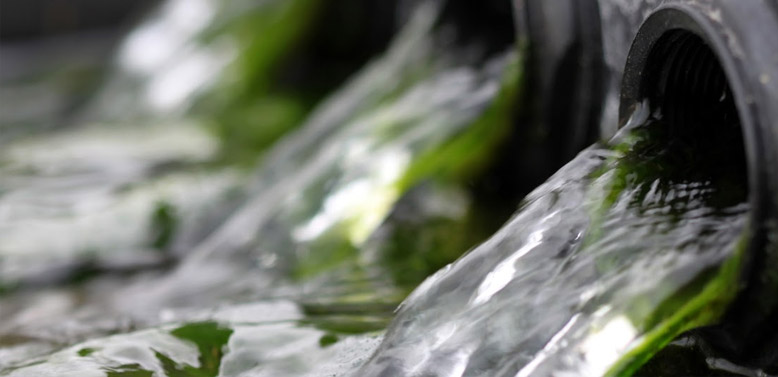Experts reveal how to make your home eco-friendly and how to live greener.
Green living has become a priority for many households in the past few years, with many of us switching to a more sustainable lifestyle, but what else can we do at home to reduce our carbon footprint?
Experts at PlumbNation have put together their tops tips to make your home more eco-friendly, while also helping you to save money on your heating bills:

-
Service your boiler
New boilers are a lot more heat and energy efficient, due to new rules and regulations being introduced as part of the government’s aim to become carbon neutral by 2050. While they still need to be serviced regularly to ensure they remain in good condition, a new boiler will ensure your home is more efficient, while also helping to save money on your heating bills. Older boilers can still work well, provided they are kept maintained, however, it is recommended to update your boiler every ten years or so. If you’re planning on selling your home, installing a new boiler could also add thousands of pounds to your asking price!

-
Save water
Taking a shower can save energy, but while many of us think we’re saving water we might actually have a powerful shower head that is less economical. To save energy, opt for an aerated or low-flow showerhead to ensure your shower is as efficient as possible.

-
Smart meter
Without a smart meter, we have no idea how much all our appliances and heating usage costs and sometimes we only find out when the bill arrives. Smart meters give real-time updates on your spending and could help you to reduce your energy usage at peak times when electricity is most expensive.

-
Insulate your home
Stopping heat from escaping through unwanted gaps is one of the cheapest and most effective ways to save energy and money. To draught-proof your home, you need to primarily identify the ‘problem areas’ where draughts are causing issues, these could include doors, windows, chimneys and floorboards. You can block unwanted gaps by using draught-proofing strips around your windows and doors, or flexible silicone-based filler to fill the gaps in your floorboards.

-
Water-based paints
Painting your house can make it feel more homely and welcoming, but did you know the types of paint you chose can significantly affect your environmental footprint? Water-based paints radically reduce volatile organic compounds (VOC) emissions. Solvent-based paints have significantly higher volumes of VOCs and therefore contribute to greenhouse gases.

-
Double glazing
Houses lose a lot of their heat through windows and doors. Double glazing can minimise heat loss as it traps insulating gas between two layers of glass, acting as a shield against the cold weather. This helps to reduce the energy needed to heat your home and lowers your carbon footprint.

-
Introduce soft furnishings
Soft furnishings, such as curtains and rugs, can make all the difference in saving money on your heating. If you have a carpeted home then it will naturally help to boost insulation; however, if you have hard flooring investing in some good quality materials, such as a plush rug, will help to prevent heat from being lost.

-
Solar panels
Solar panels have increased in popularity over the past few years as more people aim to make their homes more eco-friendly. While they are not a cheap investment, in the longer term they will help to reduce your electricity bills significantly, and you could even get paid for any extra energy you generate.

-
Turn your thermostat down by 1°C
By turning your heating down by just 1°C, you can reduce your carbon footprint and even save up to 10% on your heating bill.
Contrary to popular belief, turning up your thermostat does NOT heat your room quicker. This method will only send your energy bills skyrocketing.

-
Use cold water
Up to 90% of the energy used by a washing machine goes towards heating the water. Putting your washing machine in a colder setting can help to reduce carbon dioxide emissions while also helping to preserve your clothes.





[…] RELATED: 10 expert tips on how to make your home more eco-friendly […]
[…] RELATED: 10 expert tips on how to make your home more eco-friendly […]